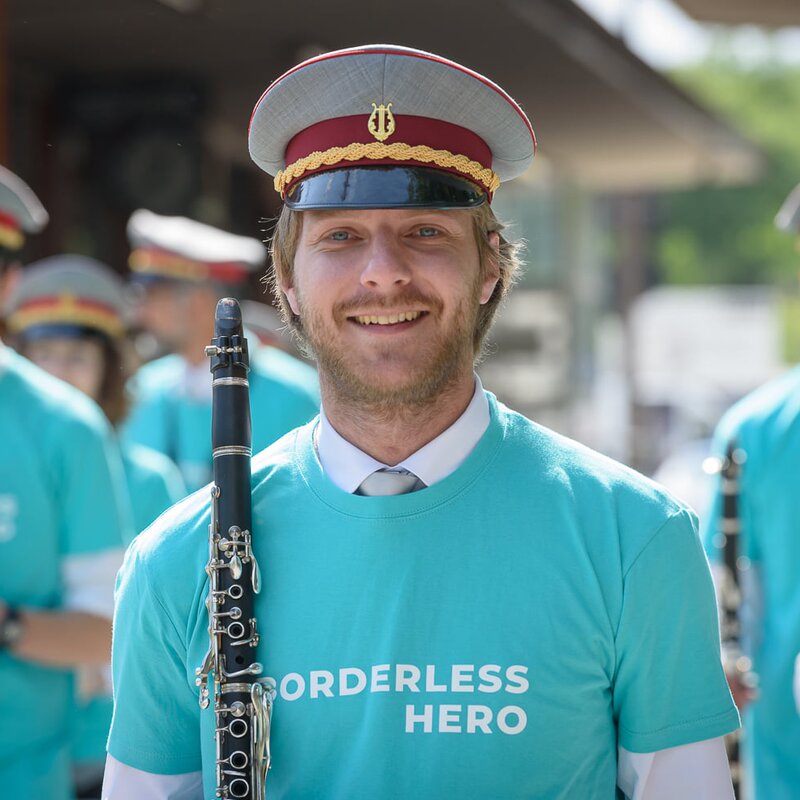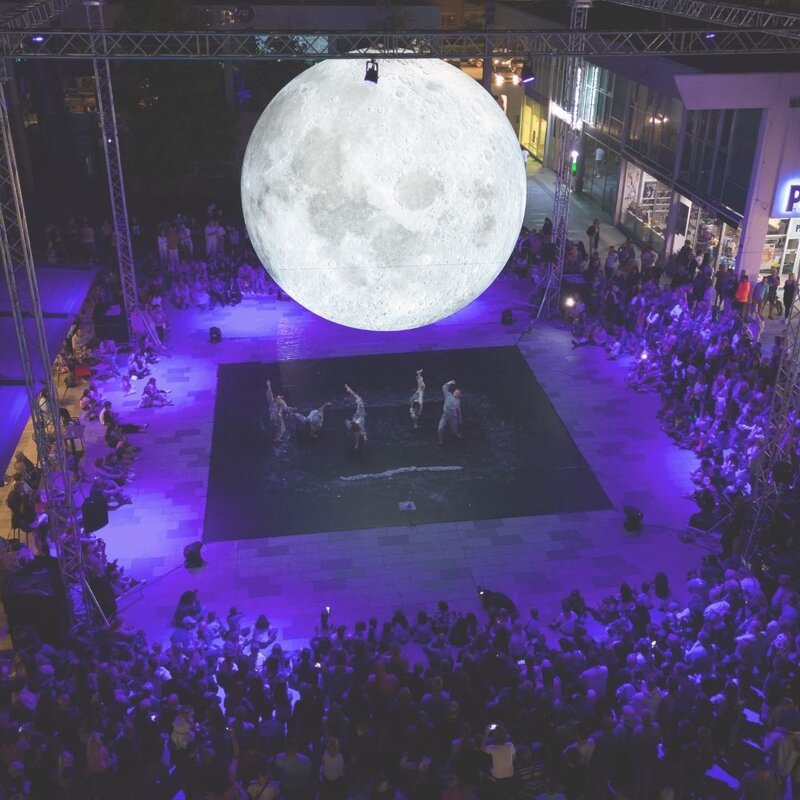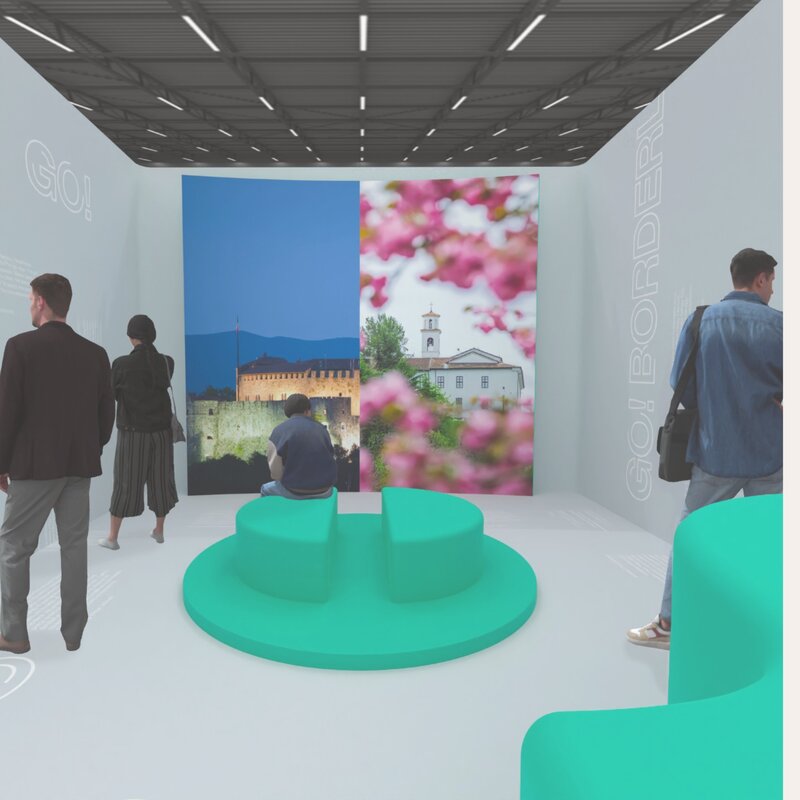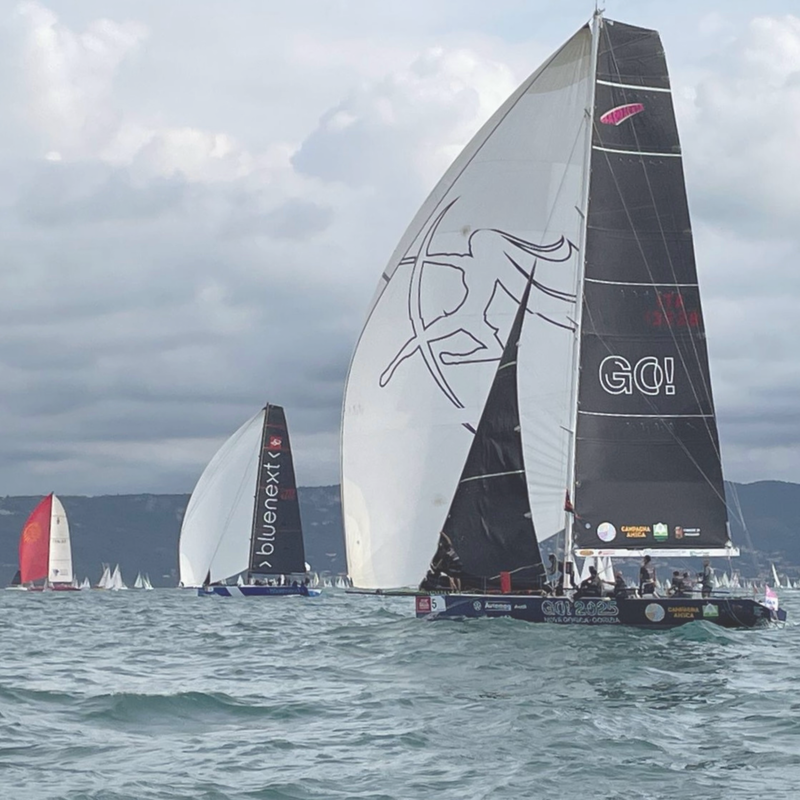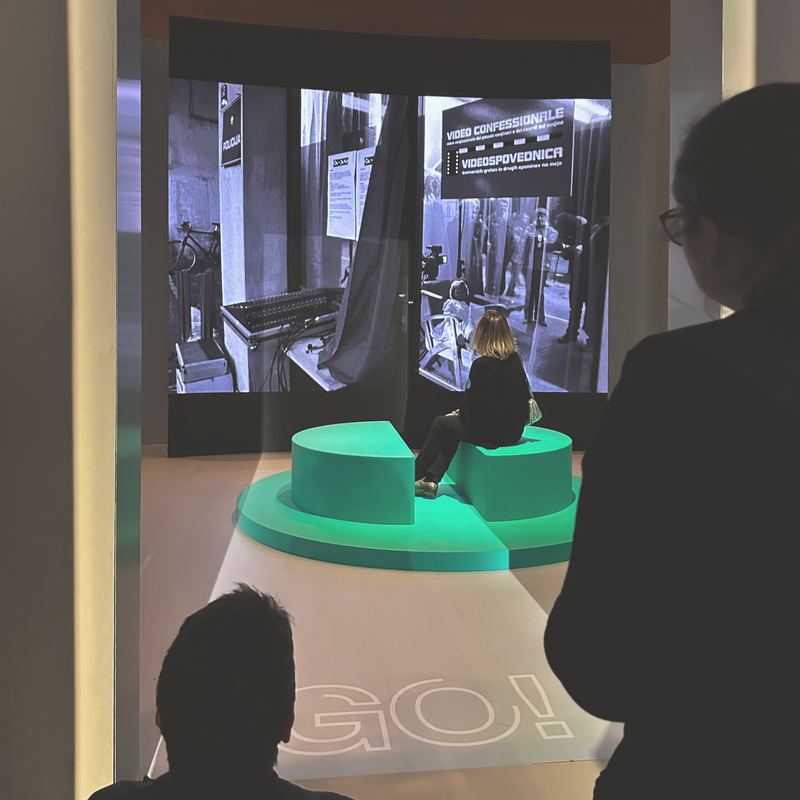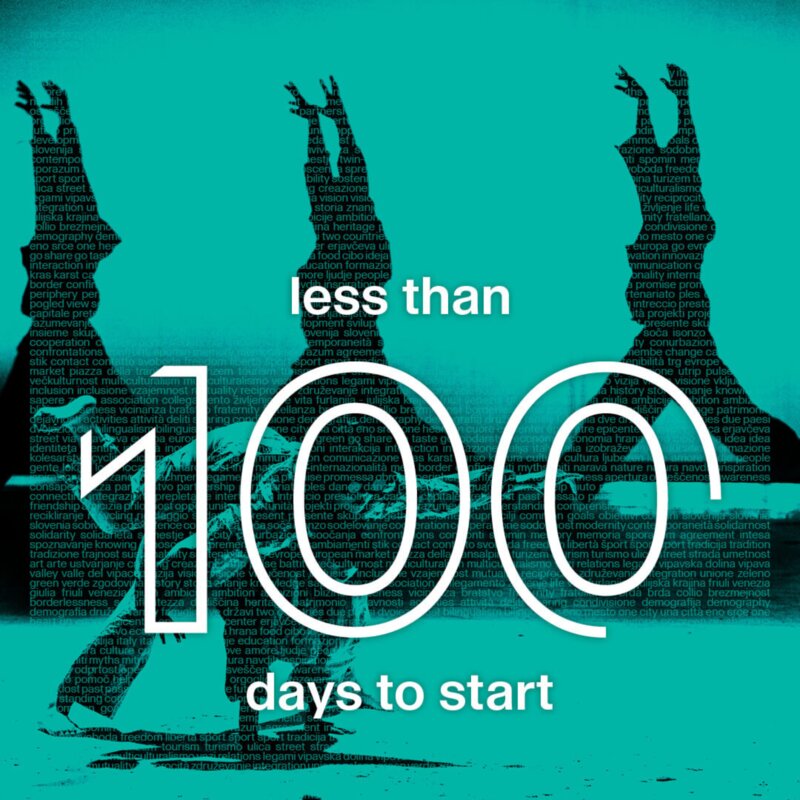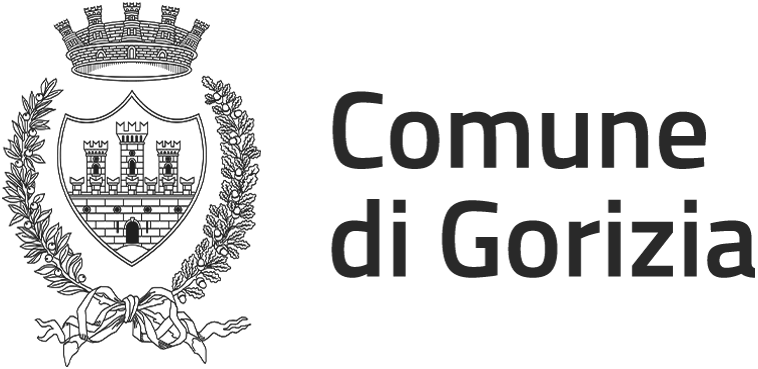18/05/2023

I remember Zoran Mušič, who lived in Paris for a long time and with whom I often had the opportunity to talk about the light of Gorica and its surroundings, writes Evgen Bavčar, who lost his sight as a ten-year-old boy. "It was this light that managed to break through the darkness of the 20th century in his works, when he painted the horrors of the concentration camps, for example in the series "We are not the last". I was very proud to have met him in Paris and to be able to tell him that I too once saw the same light, the same visual phenomena associated with the landscape, especially in Brda, in the suburbs of Gorica or on the high Karst plateau." Despite his blindness, Evgen Bavčar has received a doctorate in philosophy and aesthetics from the Sorbonne in Paris. He is also an honorary doctor of the University of Nova Gorica and the Mexican Institute for Critical Studies, as well as the director and founder of the Laboratory for the Invisible there. In France, he received the highest French award, the Order of the Legion of Honour, he is a recipient of the European Citizen's Prize awarded by the European Parliament, and in Slovenia he received the Order of Merit of the Republic of Slovenia. He lives between his hometown Lokavec pri Ajdovščini and Paris. His photography is based on darkness, not light. He illuminates the darkness with a flashlight; until it takes on a kind of expression. As he says himself, he is a conceptual artist and not a photographer in the true sense, as he has never looked through a camera. The image must first exist in his consciousness and only then does he try to realise it. In this way, he wants to convey that even the blind have a right to see an image. Every person who thinks thinks in images, and so it is with the blind. He likes to talk about art images, he knows many of them, through descriptions. He talks about Mušič, about Pilon, Špacapan, Černigoj, artists who have given us a European dimension and whom we would like to see in the Capital of Culture. He would like to touch the hands painted by Veno Pilon. Just as he once touched Venus in the museums of Naples.
